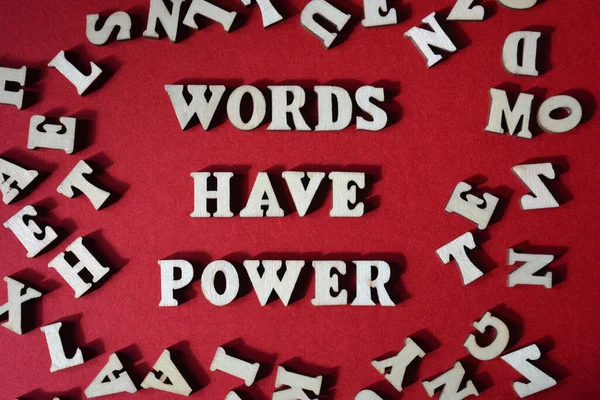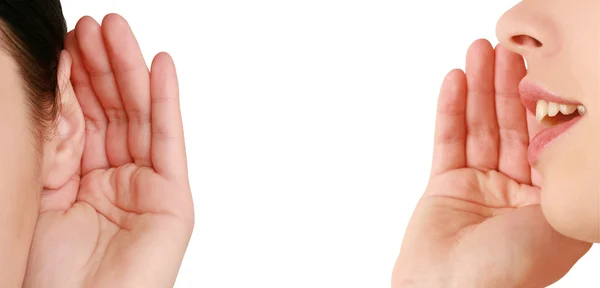Once, an extremely clever guy said, “A fool is made more of a fool when their mouth is more open than their mind.”
I think most of the problems in life emanate from the fact that we do not communicate effectively. The best example of this scenario is political debates on national television where nobody can be heard properly, forget being understood. These are communication disasters. You need to listen attentively to communicate effectively. Everybody should get equal opportunity to put their point across.
“When people talk, listen completely. Most people never listen.”

You need to keep your eyes, ears, and mind open to listen carefully to put your communication across. There is only one good rule for being a good talker – learn to listen.
So, what do we understand when we say effective communication?
Effective communication is the process of exchanging ideas, thoughts, opinions, knowledge, and data so that the message is received and understood with clarity and purpose. When we communicate effectively, both the sender and receiver feel satisfied.
How can you make your communication effective?
For communication to be effective, it must be clear, correct, complete, concise, and compassionate. We consider these to be the 5 Cs of communication, though they may vary depending on who you are asking.
What are various forms of communication?
Communication occurs in many forms, including verbal and non-verbal, written, visual, and listening. It can occur in person, on the internet (on forums, social media, and websites), over the phone (through apps, calls, and video), or by mail.

Active listening is another important component of effective communication. So, what is active listening?
Active listening is a communication skill that involves not simply hearing the words that another person speaks but also seeking to understand their meaning and intent. It requires being an active participant in the communication process.
Methods of active listening consist of:
- Maintaining undivided attention during a conversation
- Observing (and using) body language clues
- Reciting and rephrasing the previous statement
- Avoid giving unnecessary advice and opinions
“We are stronger when we listen and smarter when we share.”
Hence, it is important to focus carefully on what the other person is trying to communicate to you, which may include verbal and nonverbal communication. If you are unsure, ask targeted questions to improve the strength of your exchange.
Effective communication is not only important in your official life but also personal and social life. If you have good communication skills, you stand a good chance of landing a job over the one who has weak communication skills. In your personal life, your family understands you better, children enjoy talking to you, and in your social circle, you will be more popular.
Besides, your emotional intelligence can help people understand you better, and complement your communication skills, specifically when you can communicate effectively. Empathy, compassion, and the ability to be accepting of different cultures, communication styles, or ways of expressing emotion are also important parts of emotional management.

I agree with this thought. But it was not always like this. Earlier I used to talk more than I listened. Therefore, I made many enemies. Whereas I thought myself to be a great communicator though that was not the case. I acquired the skill over a period of time by carefully observing people how they communicated in person and in public.
Sample this conversation: “Alex, if you want to be successful, you have to work hard and sincerely.”
“But I work a lot. I work like a plow horse. I work a lot and…” I answered and then continued talking… Blah blah blah…
Is it a good conversation? No! You should not be argumentative particularly while talking to your boss. He is trying to explain to Alex how he can improve his performance whereas Alex is in defensive mode. He is trying to argue that he is already doing it. Boss was certainly not expecting this.
“A lot of problems in the world would be solved if we talked to each other instead of about each other.” — Nicky Gumbel.
If you are addressing a big gathering of audience then you need to be a good observant too. You need to gauge the audience’s mood and communicate accordingly. Say, you may notice the audience’s mood or energy level and customize your message to consider these elements. Being observant may help you gain all the necessary context to assemble an effective message.
While the effectiveness of communication can be difficult to measure, its impact is hard to deny. According to one study, surveyed companies in the United States and the United Kingdom with at least 100,000 employees lost $62.4 million per year on average due to poor communication. On the flip side, companies led by effective communicators had nearly 50 percent higher total returns to shareholders over companies with less effective communicators at the helm.

Finally, you should ooze confidence while communicating. If you share messages confidently can help you ensure your message is clear and direct. It may help to scan your communications for terms that may make you appear less confident and obscure your meaning. Make sure to be authentic when showing confidence so colleagues know they can trust you and not misrepresent your expertise.
This way if you develop the skill of communicating effectively, you will be happyHo yourself and make others happy too!
